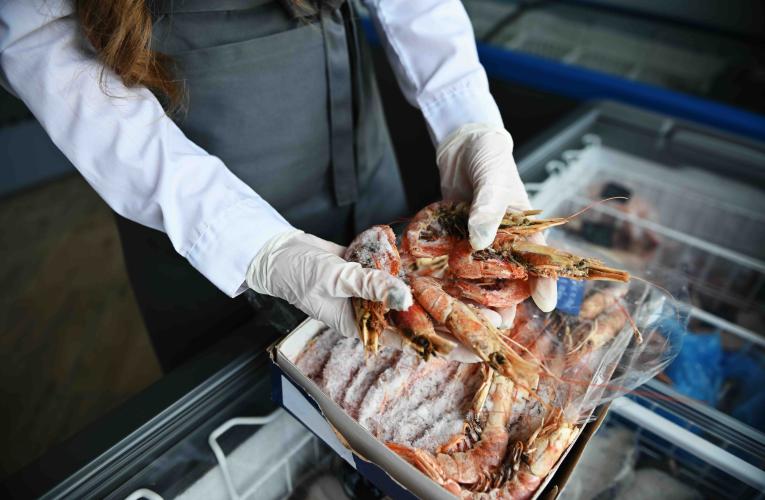Tim Lucas
(919) 613-8084
tdlucas@duke.edu
DURHAM, N.C. – To devise effective and equitable policies for governing small-scale fisheries, policymakers need to consider the activities and relationships that occur before and after fishers land their catches, not just the catches themselves, a new study shows.
“Much small-scale fishing in the world is collaborative by nature. Who you work with to obtain a boat, loans and fishing permits constrains what and how you’re able to fish. Opportunities for marketing fish after it’s caught similarly have an influence on fishing,” said Abigail Bennett, assistant professor of global inland fisheries ecology and governance at Michigan State University, who led the study.
The new paper lays out a framework “that brings into focus the interconnections between pre-harvest, harvest and post-harvest interactions,” she said. “The point is to show (policymakers) that there is much more worth governing and making policy about beyond the fishing itself.”
Bennett is a 2016 doctoral graduate of Duke University’s Nicholas School of the Environment.
She wrote the new paper with Xavier Basurto, associate professor of sustainability science at the Nicholas School, and Emilie Lindkvist and Maja Schluter of Stockholm University.
Six Duke students were also involved in the project. They were Connie Liu, Leslie Acton, Michelle Loquine, Peter Zaykoski, Sam Huff and Colyer Woolston.
The team published its peer-reviewed findings April 23 in the open-access journal PLOS ONE.
Small-scale fisheries account for more than half of global catches and provide livelihoods for about 90 percent of all fishers.
To shed light on how interactions off the water can shape fishing decisions and outcomes, Bennett and her colleagues focused on operations in two Mexican fisheries – Rio Lagartos in Yucatan and Bahia de Kino in Sonora – where two common forms of management are used: cooperatives, in which fishers band together to pool resources; and patron-client relationships, in which fishers work for an individual fish buyer or single fishing business.
Based on their analyses of a broad range of pre-harvest and post-harvest factors, including rarely available longitudinal data on monetary loans made to fishers in both villages, the team found that cooperatives can deliver a broader distribution of benefits than patron-client relationships. This insight can help inform more effective and equitable fisheries governance, Bennett said, and it illustrates the importance of broadening the scope of inquiry beyond a narrow policy focus on harvesting.
CITATION: “Governing the Commons Beyond Harvesting: An Empirical Illustration from Fishing,” Xavier Basurto, Abigail Bennett, Emilie Lindkvist and Maja Schluter; April 23, 2020, PLOS ONE. DOI: 10.1371/journal.pone.0231575
###




